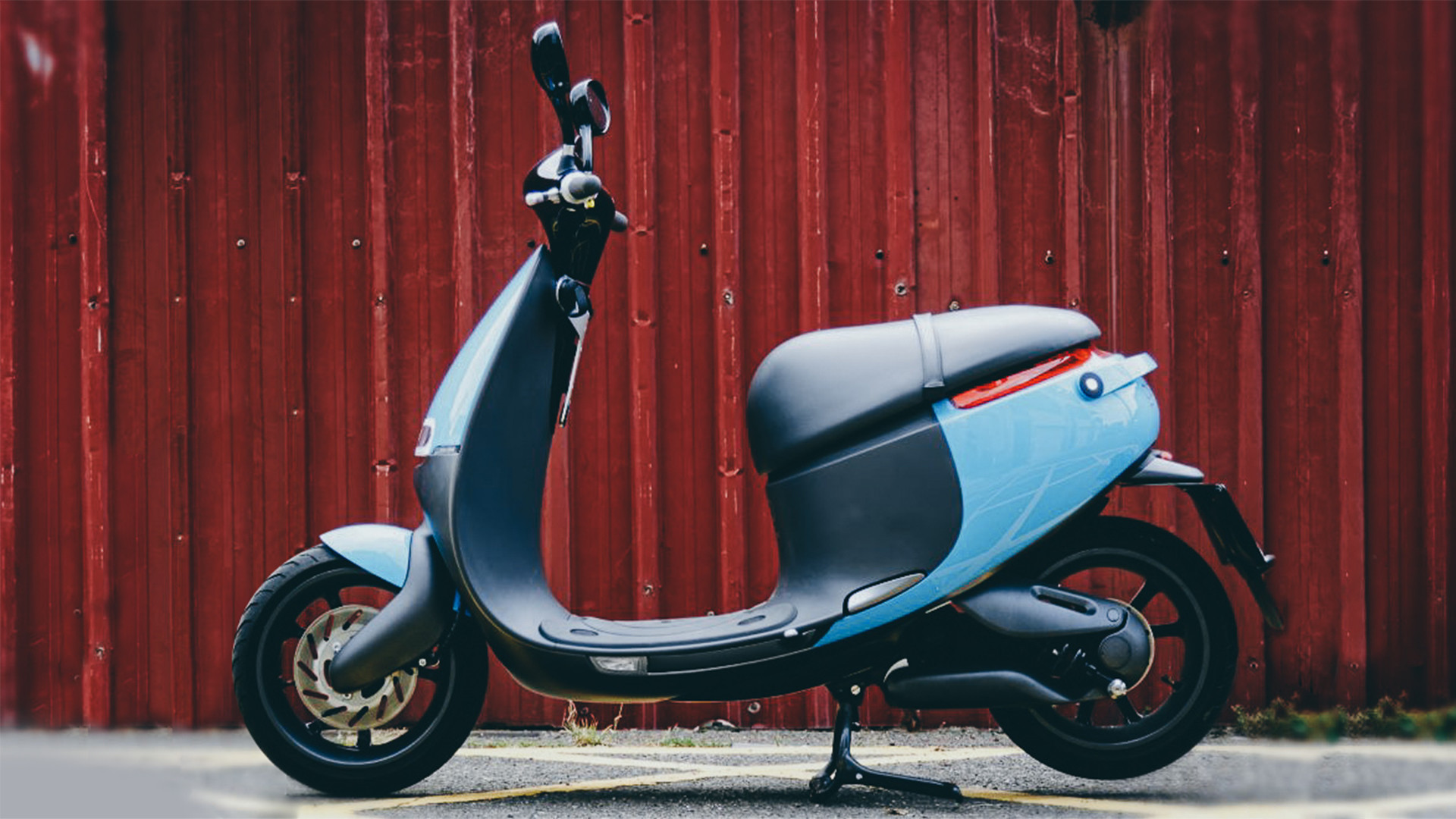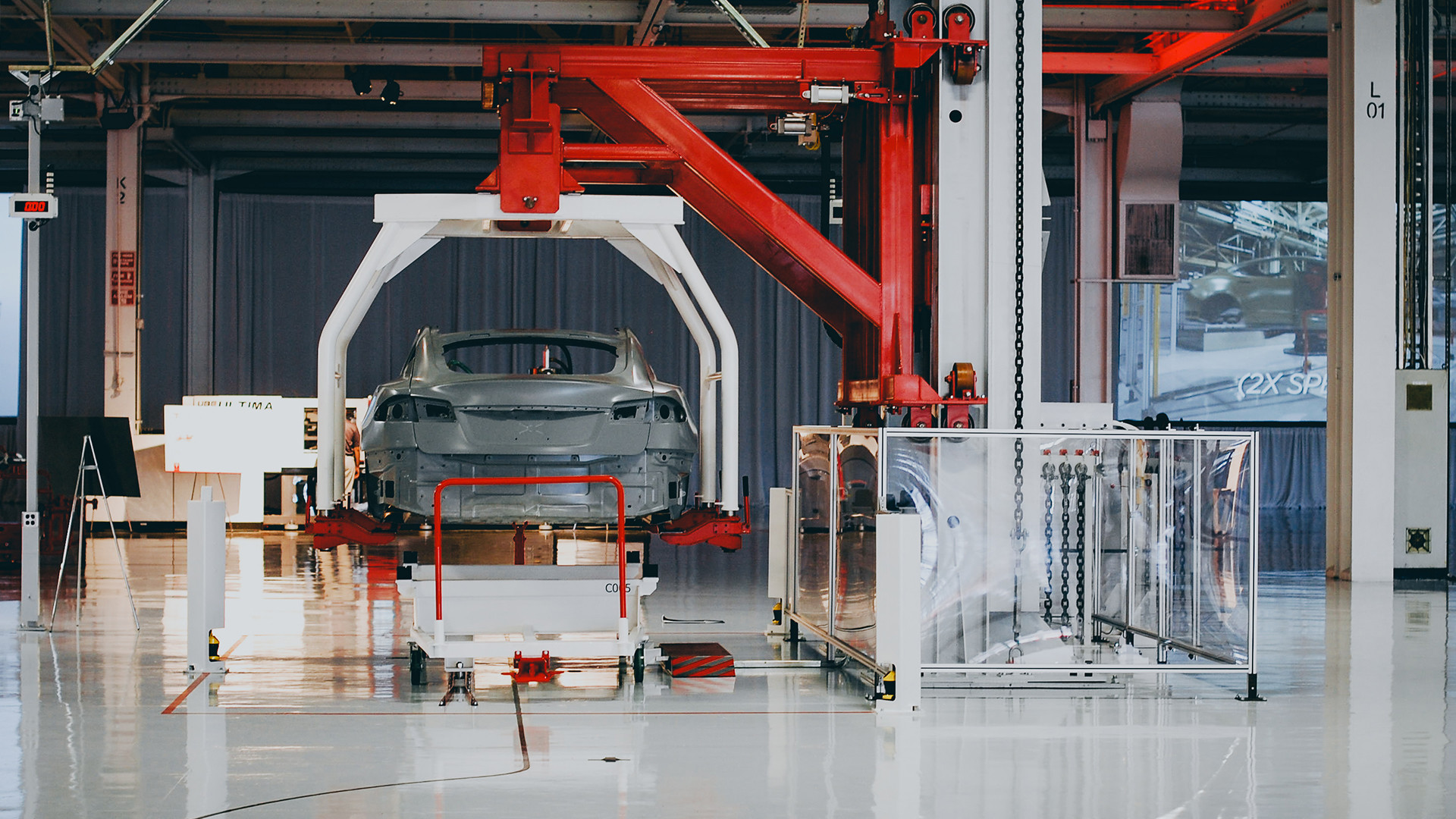Pitching from greatness: What Taiwanese start-ups need to do to attract venture capital
-
- David Green
- Communications Strategist
Startup founders and entrepreneurs seeking investment must make sure they can confidently and clearly articulate the purpose and vision behind their product or service if they want to attract attention.
With Meet Taipei 2015, Taiwan’s annual international startup carnival, now running alongside Taiwan Startup Stadium, Taiwan is in a better position than ever to show-off the depth and creativity of its startup talent.
But even the most revolutionary idea, product or service is useless if those behind it can not explain its value in the market, or the motivation behind its creation. There is greatness to be found in a clear business vision and the ability to express it. As such, startup founders would do well to follow the lead of Taiwan’s globally successful brands and practice articulating what their offering is all about. Those who can express their vision or ambition in one simple sentence without even having to think will command respect, attention and, ultimately, investment capital.
Gogoro knows where it is going
This is one reason I have confidence in Gogoro’s ability to fulfill its ambition of creating a genuinely viable electric scooter culture complete with replaceable battery network. The company has divided opinion, and the high price point of its e-scooters has led to accusations of overconfidence from those who question whether the market is ready for such a pioneering product.
But whether you back the company to succeed or not, you are likely fairly well informed about what it wants to achieve, and how it intends to achieve it. This is not just because the company was founded by two guys in Horace Luke and Matt Taylor who thoroughly understand marketing; it is because Gogoro has been very clear about its purpose from the get-go.
The company’s ambition, or vision, has informed all its choices in terms of product development, design and brand-building. It is there in the design of the engine, which can overcome Taiwan’s vertiginous terrain while still maintaining a healthy speed, in the array of digital integrations on offer via riders’ smartphones, in the meticulously planned roll-out of its battery stations, and in the appeal of the scooters’ clean and bright designs. The company has offered every incentive to go electric, and countered every excuse not to. What’s more, its spokespeople are passionate about this vision, and are able to articulate it clearly. It is little wonder, then, that the international media has embraced the Gogoro story with open arms—it comes packaged in a way that is easy for everyone to understand and get behind.
This clarity of purpose and vision is the essence of Gogoro’s nascent greatness. Being clear about your purpose, and communicating it to the market, is half the battle when vying to become a successful brand. Gogoro is already one of Taiwan’s leading brands in terms of global awareness. It might not appear in Interbrand’s next list of Taiwan’s most successful global brands by value, but if you measure awareness by column inches in print and on the web, Gogoro is already well in the game.
Tire tracks to greatness
Bike manufacturer Merida, which was included in Interbrand’s 2014 list of most successful Taiwanese brands (at number eight), sources its greatness from a similar understanding of its purpose, and consequently its brand positioning.
It would be easy to attribute Merida’s success simply to the shift in global pricing that allowed Giant and other Asian OEM bike manufacturers to take market share from Japanese and Western manufacturers. Or to say its founder’s background in aluminum tooling and welding meant it had a head-start when it came to designing and building robust mountain bike frames. But this would be to misunderstand Merida’s real greatness. It is the company’s purpose and how this has informed its market positioning that has spurred the brand’s success.
Merida set out to turnaround negative perceptions about bikes made in Taiwan, and to establish the island as a source of quality bike design. But in the early days of its expansion into own-brand business, Merida was careful not to tread on the toes of its existing or erstwhile OEM partners. Vice President Willian Jeng summed up the thinking in an interview with Bicycling Australia: “For people who want to buy a Porsche they would not want to look so much at a Toyota, and Merida happens to be that Toyota; we are about cost-efficiency—reliable and affordable. Some of our partner brands are like BMW and Porsche, whereas we are Toyota. They are competing with others, but we are competing with less exclusive, less niche brands.”
Merida persevered with its goal of becoming a quality, reliable brand at the mid-to-high end of the market while at the same time building associations with high-end brand customers. “[Our founder] knew that it would be a long and hard task, but we stuck to that philosophy—even though it meant turning away some brands. We knew that if we went lower-end that the same would happen as it did with Japan, and by the early 90s the factory would have already moved to China,” Jeng told Bicycling Australia.
Merida is also successfully pursuing a transition in its sales mix away from mountain bikes towards road bikes. Understanding that it faced an issue as regards awareness of its brand positioning in the newer market, Merida smartly opted to sponsor an Italian UCI World Tour bike race team, now known as Lampre-Merida. The move reinforced the perception of quality surrounding Merida, opened the door to specialist dealers in Europe, and allowed the brand to benefit from synergy across its road and mountain bikes.
Like Gogoro, Merida’s greatness is evident in its employees’ ability to articulate its purpose and positioning clearly. Its success is in large part due to the fact that both were defined and unwaveringly implemented right from the start of Merida’s emergence as an own-brand manufacturer.
Pinkoi’s clear purpose unites a community
The same is true of Pinkoi, a Taipei-based ecommerce platform and community hub for independent designers in Asia. The startup was founded with the explicit aim of increasing the profile and availability of the Asian design community, in the same way Etsy had done in the US.
Again, this clear purpose or vision informs multiple aspects of the way Pinkoi does business. Designers are vetted before they are allowed to set up shop, ensuring a personal relationship is established from the beginning, while keeping the site free from vendors of fake and counterfeit goods.
The founders are very active in the community, speaking to their designers face-to-face via video conference or at international events in China, Hong Kong, Japan, Thailand and Taiwan. Pinkoi also hosts its own events and invites members to showcase their wares. This community focus and activism has the added benefit of driving loyalty amongst its designers, reducing the risk they might jump ship to a rival platform.
Pinkoi now hosts 25,000 sellers across Asia and boasts more than 2 million monthly users. Its rapid growth has attracted US$9 million in venture capital investment, which Pinkoi has earmarked to fuel expansion plans—focusing on increasing the exposure of its Asian designers to international consumers—in line with its original purpose.
Pitch perfect greatness
Gogoro, Merida and Pinkoi operate in different industries, and measure their success in starkly different ways. But they are united in how their clarity of purpose has driven their greatness, and the success of their brands,
With the competition for venture capital from the global community growing ever more intense, and with Taiwan keen to throw open its doors to startups and investors from around the world, the island’s entrepreneurs should pay close attention to communicating the purpose behind their products and services as they polish their pitches.




